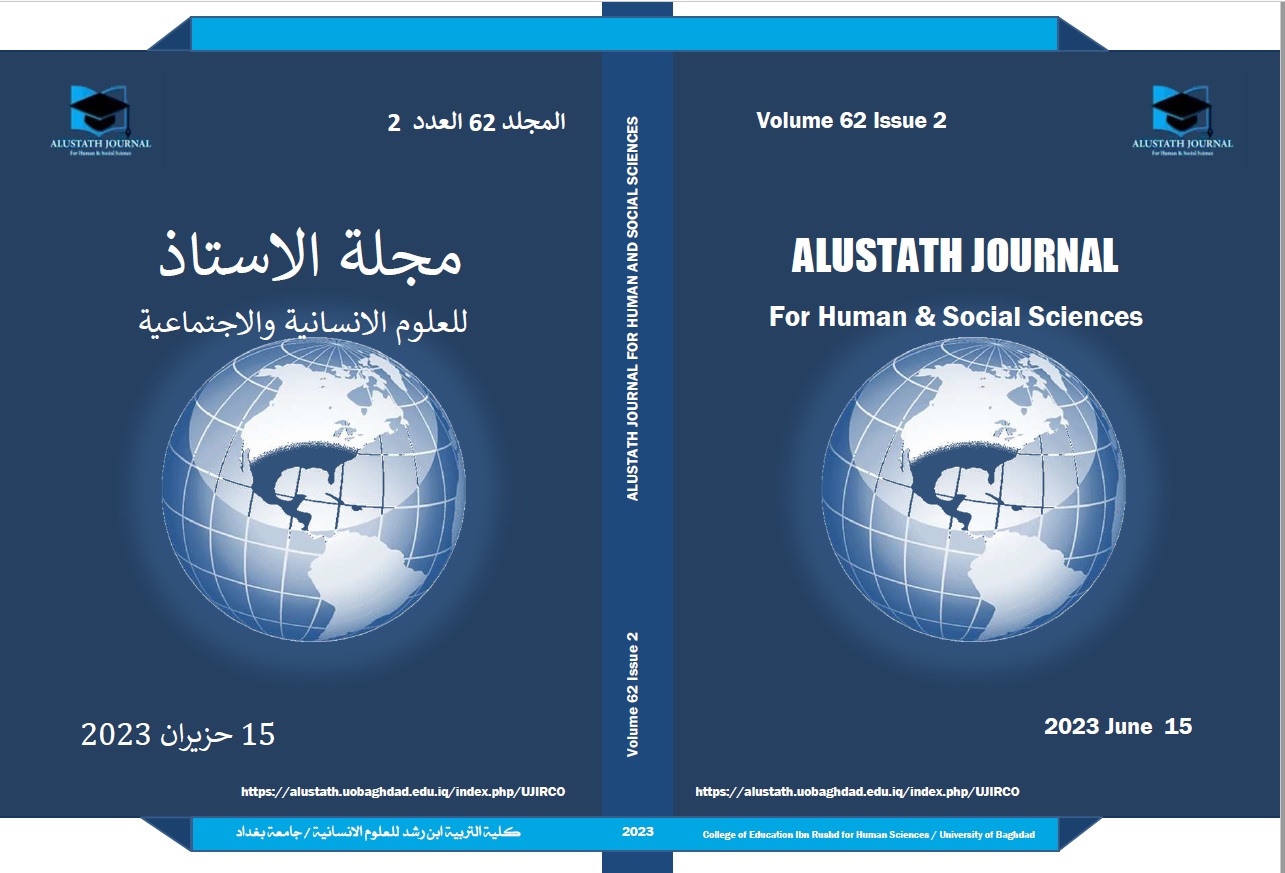Paradigms of Relationships in Faulkner, Woolf and Vian
DOI:
https://doi.org/10.36473/ujhss.v62i2.2090Keywords:
Paradigms, human relationships, traditional education, ideas, Faulkner, Woolf, VianAbstract
The paradigms within human relationship are shaped by a multitude of factors which tug at the edges of the ability to form interpersonal bonds with the influence of experience. What constitutes experience, then, can be argued in several different manners. However, it is the interpretation of conventional, institutional education in the minds of the characters in Williams Faulkner’s Light in August, Virginia Woolf’s To the Lighthouse, and Boris Vian’s Mood Indigo that sets a course for the trajectory of their relationships with others and with themselves. The various frameworks of the characters’ respective educations allow them to express what has been fed to them and how to interpret, knowledge. Once they are able to identify what constitutes experience through learning, these concepts, religious tenets, the awareness of factual circumstances, fixed categories imposed on reality, and ostensible truth as defined by ideology, are applied to models of human relationship, often with disastrous or emotionally numbing results through sticking to a pre-defined notion of how to apply what one is taught to one’s personal life. The characters of Light in August utilize an organic absorption of conventional education and religion as a form of teaching, as well as relying on past experience and intuition to traverse through their relationships, while the intellectual pursuits of the Ramsays and their acquaintances (particularly the male figures) in To the Lighthouse lead them to define relationship using ideas instead of raw emotion and experience. In comparison, the beautiful and tragic youth of Mood Indigo transform conventional education into goods for material consumption, as notions of the intellectual become synonymous with an indulgence in objectifying traditional forms of knowledge in monetary, and even human, form. The point at which education and desires converge and possibly become inseparable, then, marks the intersection not only between the compromise of relationships co-existing with powerful, learned ideas, but also the parallels between how self-acquired education through experience can differ from institutionalized thought. Can the distinctions between these methods lead to more or less successful relationships, or do they arrive at the same conclusion; the disintegration of previously cherished relationships? Is it then possible for education and relationship to co-exist peacefully? If not, perhaps it is this collision in the world of fiction that catalyzes the characters’ perpetual uncertainty with regard to both ideas.
Downloads
References
• Davies, S. (1989). Virginia Woolf To the Lighthouse. Great Britain: Penguin Books.
• Faulkner, W. (1990). Light in August. The Corrected Text. Vintage Books
• Hlavsa, Virginia V. (1991). Faulkner and the Thoroughly Modern Novel. University of Virginia Press
• Lloyd-Smith, A. (2004). American Gothic Fiction: An Introduction. Continuum International Publishing Group
• Raitt, S. (1990). Virginia Woolf's To the Lighthouse. New York: Harvester Wheat sheafcd.
• Ruppersburg, H. (1994). Reading Faulkner: Light in August. University Press of Mississippi.
• Scott , J.K.L. (1998). From Dreams to Despair: An Integrated Reading of The Novels of Boris Vian. Boston: Brill & Rodopi
• Vian , B. (2014). Mood Indigo: A Novel. Farrar, Straus and Giroux












